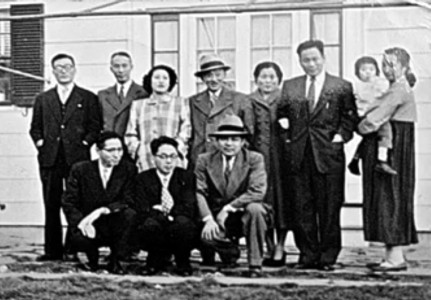Boston Korean Diaspora

This online resource is a result of a joint project between the Center for Global Christianity & Mission at Boston University (CGCM) and East Rock Institute (ERI) in New Haven, Connecticut. The impetus of the project began with a meeting between Dr. Dana Robert, the director of CGCM, and Dr. Ko Hyeseong, the founder and chair of ERI. Realizing they shared many similar research interests, they began to outline a program of research initiatives that would incorporate aspects of Korean Studies, Women’s Studies, Christian diaspora communities, and cultural and regional/area studies. After some deliberation, they developed the parameters of a timely topic: an interdisciplinary, multi-layered study on the Korean diaspora community in Boston, from the first arrivals in the 1920s to 1965 when the pattern of immigration radically changed in the wake of the Immigration and Nationality Act.
These years marked a period where a small yet influential group of Korean intellectuals made their home in the Boston area, drawn as students to the region’s numerous colleges and universities. Many of these scholars were instrumental in creating the institutional structures of Korean culture in the Boston area and beyond. Not only that, a number of them went on to positions of great prominence and impact in the academic and political spheres of developing post-war Korea. The aim of the project, then, is to highlight the various individuals, institutions, and issues during this formative time and place, with the goal of preserving the memory of the period as well as further educating, illuminating, and contributing to the rich heritage of Korean Diaspora Studies.
For consistency’s sake, this website has adopted the National Institute of the Korean Language‘s system for transliterating names and places, except when referring to Korean presidents Rhee Syngman and Park Chung-hee, whose romanized spellings are already widely recognized by the public.